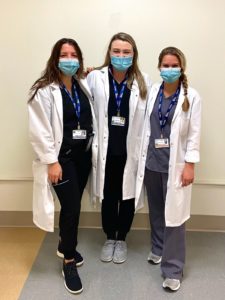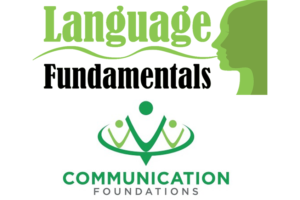As we enter our fifth month of Patient Driven Payment Model, trends and nuances are beginning to develop. One of which is that SNF Administrators and Rehab Departments are seeking clarity is the importance of Section K on the MDS.
Historically, Section K was completed by Dietary. Now that it is part of the PDPM Speech-Language Pathology Component, SLPs are taking a more active role to ensure proper coding of K0100. We have seen pushback from those who feel this section only applies to those with an active diagnosis of a swallowing disorder.
It is important to remember that K0100 does not require that the resident actually have a diagnosed swallowing disorder (this is covered in a separate section of the SLP component). This section recognizes symptoms, not the diagnosis. We are acknowledging if the resident had the presence of signs and symptoms of a possible swallowing disorder during the seven-day look-back period.
Since this is an acknowledgment of symptoms, the SNF must have documentation of these signs and symptoms before the ARD of the 5-day MDS. Also, it is important to note that these symptoms are coded only if they are actually present during the look-back period.
If a care plan has been put into place that has remediated the symptoms before the 7-day look back ( for example thickened liquids to prevent coughing or choking on liquids) and had no symptoms during the look-back period, then it should not be coded.
The act of identifying a swallowing problem is not, as they say, rocket science. It is important to remember that there is a subtle science to it.
A trained speech-language pathologist who works in skilled nursing typically has these advanced skills necessary to identify issues, capture them on the MDS and provide the care necessary to remediate these issues within the care plan. In upcoming articles, I will dig into K100 and the 4 associated questions.
I’d love to hear your thoughts and comments.
About the author: Michael V. Webb, MS CCC-SLP is the Chief Executive Officer of Language Fundamentals. Michael is a graduate from the College of Saint Rose in Albany NY with his Master’s degree in Communication Disorders. More recently, he earned his Masters of Healthcare Administration from the University of Ohio. Michael has presented at the American Speech-Language and Hearing Association, the New York Speech-Language-Hearing Association, the New York State Health Facilities Association, as well as the National Convention of State Veterans Homes.




Hi there, I read your blog daily. Your story-telling style is
witty, keep doing what you’re doing!
Good day! I simply wish to give you a big thumbs up for your excellent info you have
got right here on this post. I will be coming back to
your site for more soon.
Wow! Finally I got a webpage from where I be able to in fact get useful facts regarding my study and knowledge.